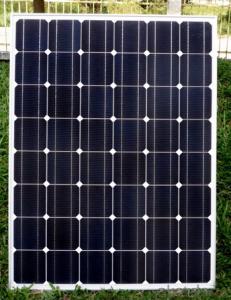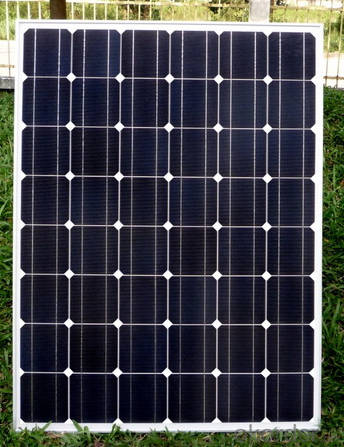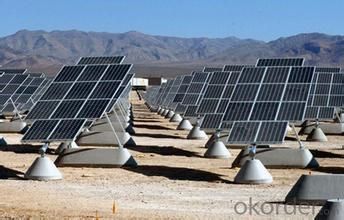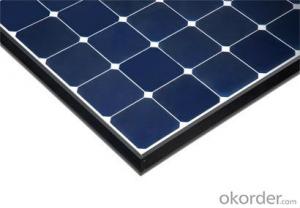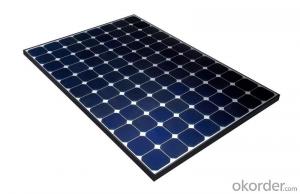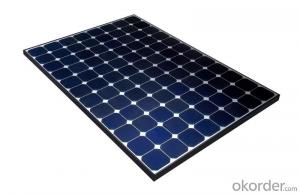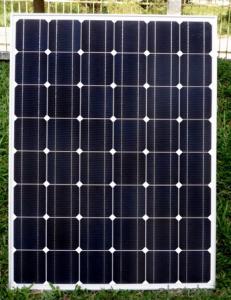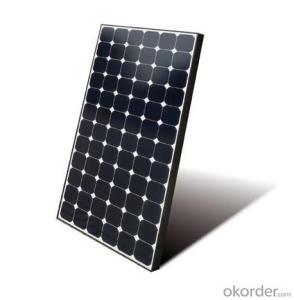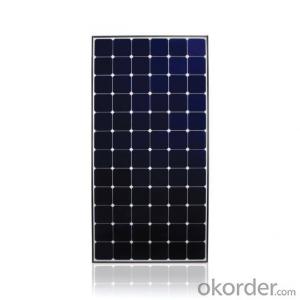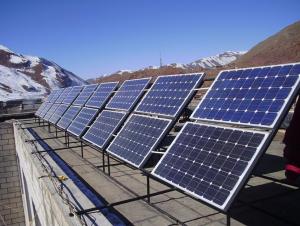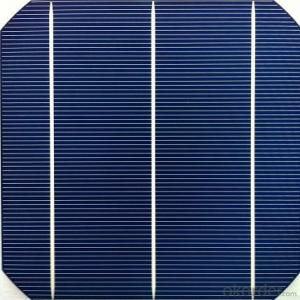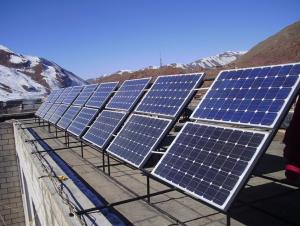Folding Solar Cells Poly Solar Panel 10w A Grade with 12 Years Warranty
- Loading Port:
- Shanghai
- Payment Terms:
- TT OR LC
- Min Order Qty:
- 100 watt
- Supply Capability:
- 1000 watt/month
OKorder Service Pledge
OKorder Financial Service
You Might Also Like
Specification
Poly Solar Panel 10W A Grade with 12 Years Warranty
Production description
Photovoltaics were initially solely used as a source of electricity for small and medium-sized applications, from the calculator powered by a single solar cell to remote homes powered by an off-grid rooftop PV system. As the cost of solar electricity has fallen, the number of grid-connected solar PV systems has grown into the millions and utility-scale solar power stations with hundreds of megawatts are being built. Solar PV is rapidly becoming an inexpensive, low-carbon technology to harness renewable energy from the Sun.The International Energy Agency projected in 2014 that under its "high renewables" scenario, by 2050, solar photovoltaics and concentrated solar power would contribute about 16 and 11 percent, respectively, of the worldwide electricity consumption, and solar would be the world's largest source of electricity. Most solar installations would be in China and India.[2]
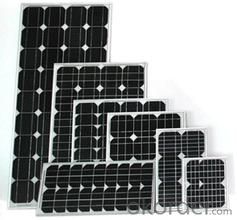
Application
Commercial
Industrial
Residential
Product Feature
12 years quality warranty 25 years performance output.
Free for less than 5 pcs sample requirement
Free to replace or repair or refund if products fail to conform to the PI requirement.
Packaging
28pcs into carton 2carton into pallets 28pallets into a 40ft container
Delivery
After 25 days for manufacturered goods as soon as we received full payment.
After 10 days for stock goods as soon as we received full payment.
- Q: Have you ever been to a solar cell power generation station?
- We have a big solar cell power generation station nearby.
- Q: What is the solar cells market in China?
- As far as I know, it's developing very well. Not only in terms of the technology but also in terms of the sales revenues. Many solar cells factories are located there
- Q: Can solar cells be used in portable devices?
- Yes, solar cells can be used in portable devices. They can convert sunlight into electrical energy, providing a sustainable and renewable power source for various portable devices such as smartphones, tablets, and even small appliances.
- Q: Can solar cells be used to power satellites?
- Yes, solar cells can be used to power satellites. In fact, they are the primary source of power for most satellites in space. Solar cells convert sunlight into electricity, which is then used to power the various systems and instruments on board the satellite.
- Q: What should I know about the Crystalline silicon photovoltaic cells?
- Crystalline silicon photovoltaic cells work by using crystalline silicon photovoltaic effect and power of the solar cell in generating the electrical power. It is not only used in the daily life but also in the industrail markets.
- Q: Can solar cells be used to power remote transportation systems?
- Yes, solar cells can be used to power remote transportation systems. Solar cells are a reliable and sustainable source of renewable energy that can be installed on vehicles or infrastructure to provide power for electric motors, batteries, or other components. This allows remote transportation systems such as electric cars, boats, or drones to operate efficiently without relying on fossil fuels or traditional power grids, making them more environmentally friendly and cost-effective in remote areas.
- Q: What is the impact of solar cells on reducing greenhouse gas emissions?
- Solar cells have a significant impact on reducing greenhouse gas emissions as they generate clean and renewable energy from the sun without producing any harmful emissions. By replacing traditional fossil fuel-based electricity generation, solar cells help to mitigate climate change by reducing the release of greenhouse gases, such as carbon dioxide, into the atmosphere. This transition to solar energy not only contributes to a cleaner environment but also helps in achieving global climate goals and creating a sustainable future.
- Q: Can solar cells be used for powering navigation buoys?
- Yes, solar cells can be used for powering navigation buoys. Solar cells are a reliable and sustainable source of energy that can be used to power various devices, including navigation buoys. They can harness sunlight and convert it into electricity, providing a continuous power supply for the buoys' operations. This eliminates the need for traditional fuel-based generators or batteries, making solar cells a cost-effective and environmentally-friendly option for powering navigation buoys.
- Q: Can solar cells be used in floating solar farms?
- Yes, solar cells can be used in floating solar farms. In fact, floating solar farms have gained popularity as an innovative solution to maximize energy production in areas with limited land availability. These floating platforms are equipped with solar panels, which convert sunlight into electricity, just like traditional solar farms. The buoyant structures allow for the installation of solar panels on water bodies such as lakes, reservoirs, and even oceans, making it an efficient way to harness solar energy while minimizing land use.
- Q: Can solar cells be used on rooftops with different orientations?
- Yes, solar cells can be used on rooftops with different orientations. While the ideal orientation for maximum solar energy production is typically facing south, solar panels can still generate electricity when installed on rooftops facing east, west, or even north. The efficiency and energy output may be slightly lower, but advancements in solar technology and the ability to tilt and adjust panel angles can help optimize energy production on rooftops with varying orientations.
Send your message to us
Folding Solar Cells Poly Solar Panel 10w A Grade with 12 Years Warranty
- Loading Port:
- Shanghai
- Payment Terms:
- TT OR LC
- Min Order Qty:
- 100 watt
- Supply Capability:
- 1000 watt/month
OKorder Service Pledge
OKorder Financial Service
Similar products
Hot products
Hot Searches
Related keywords
